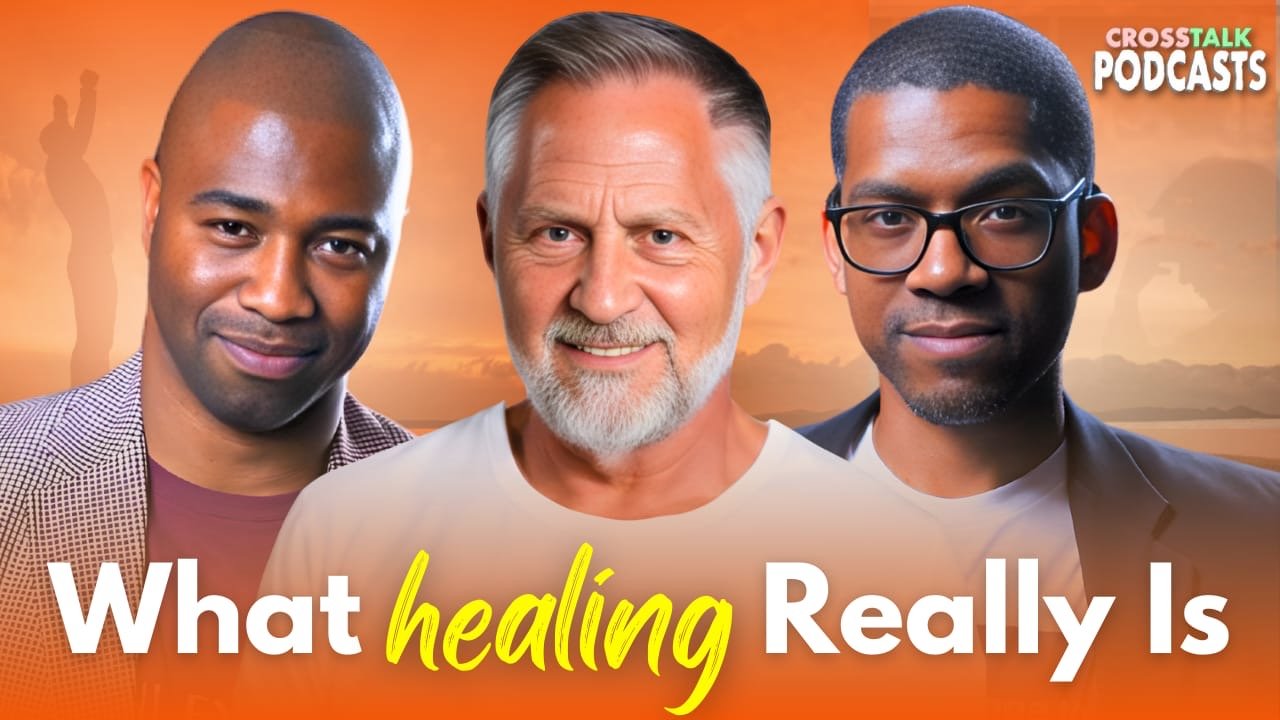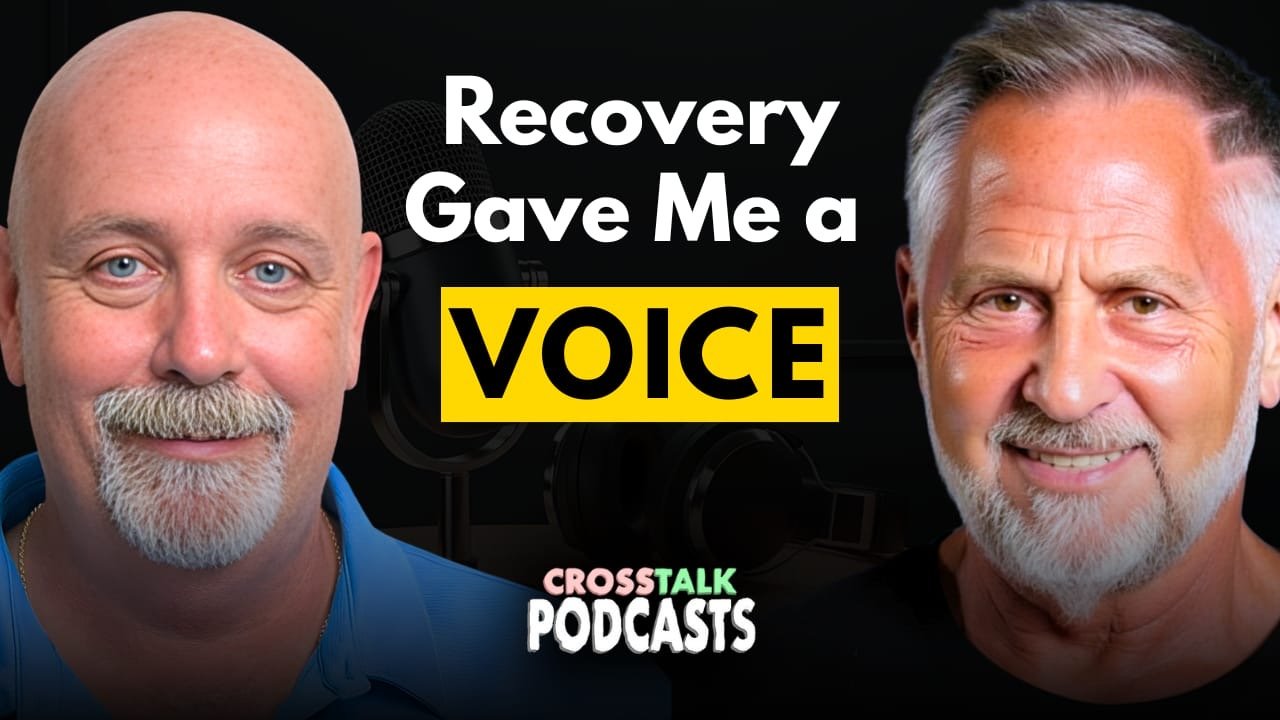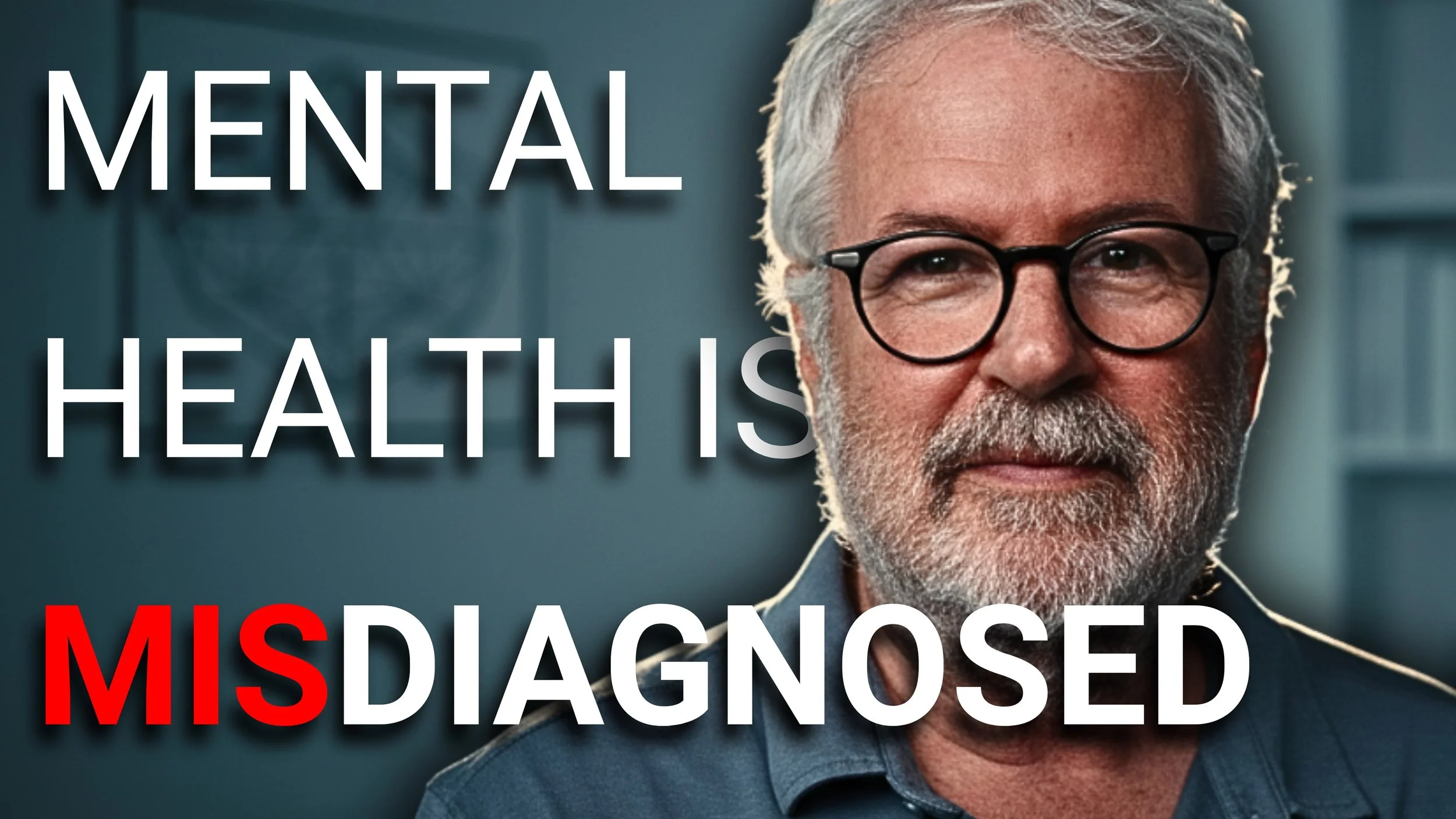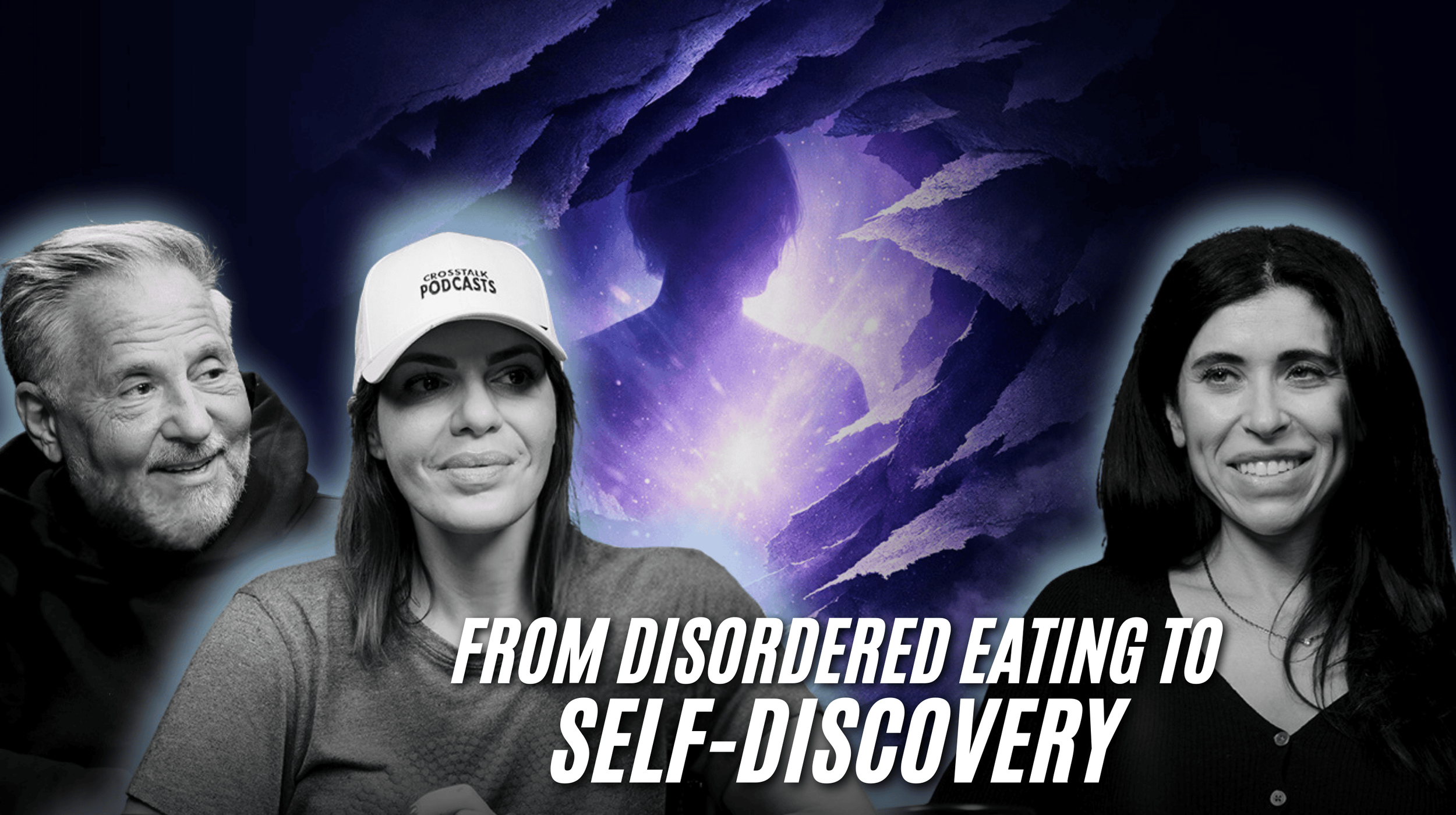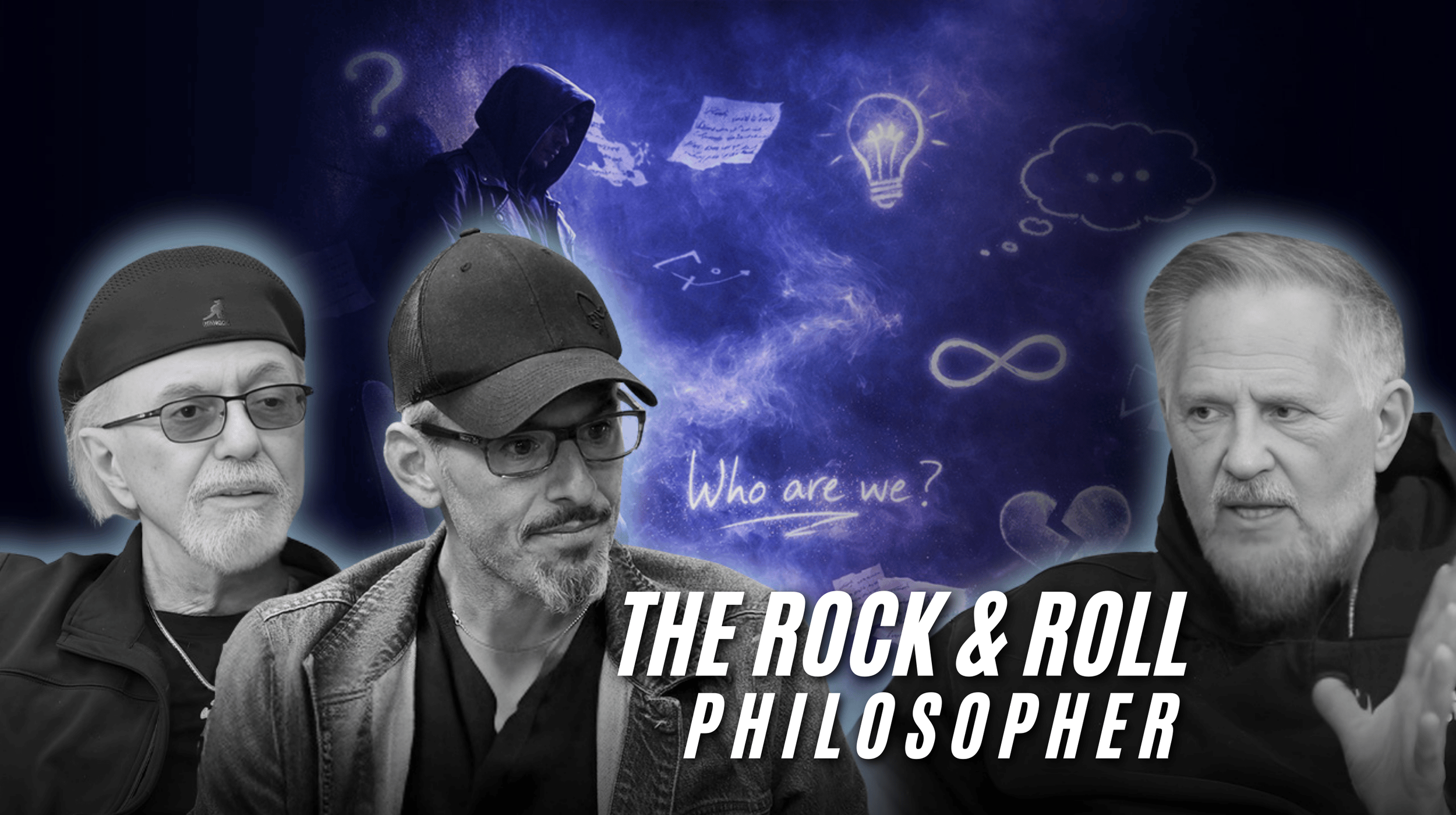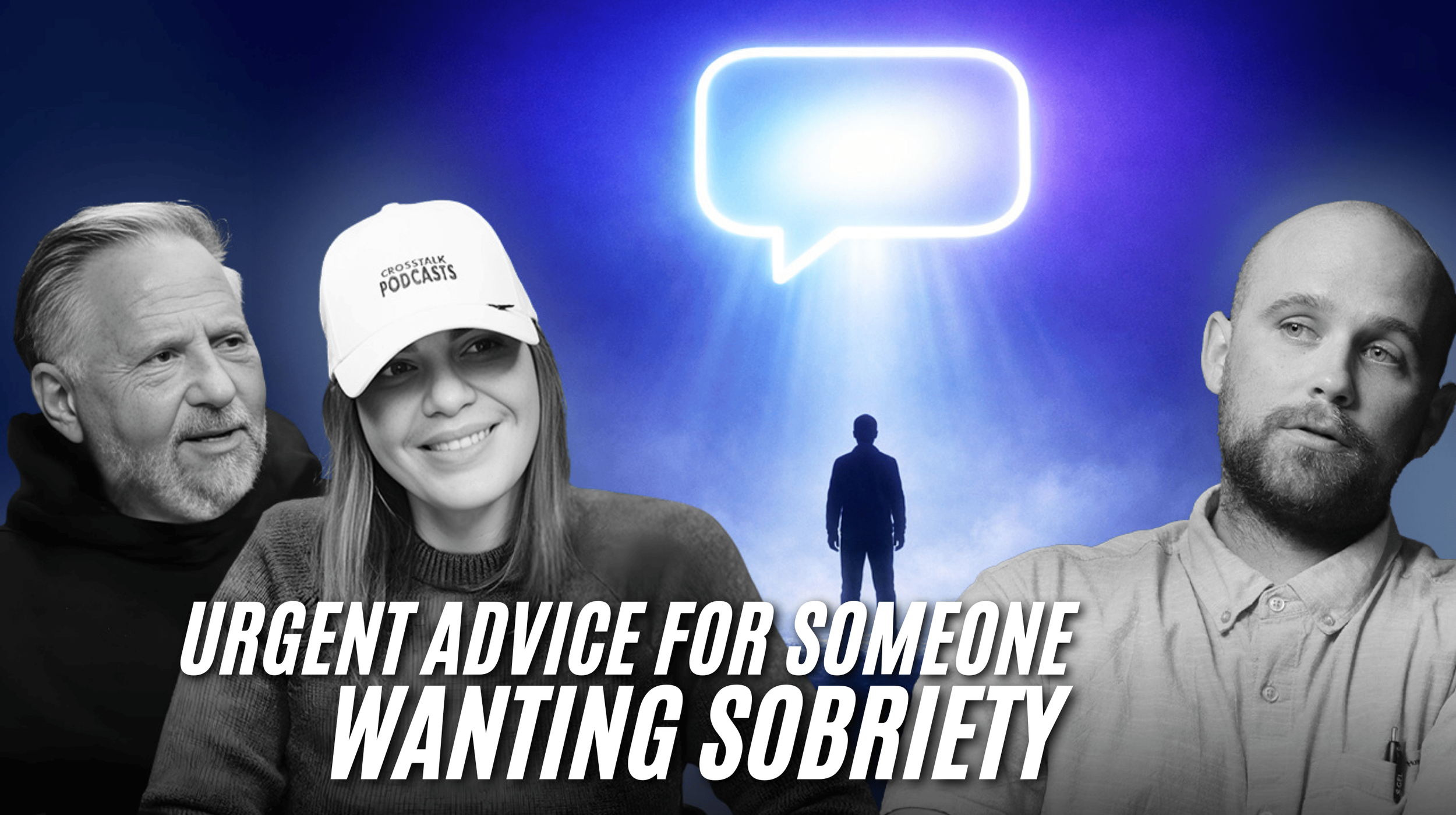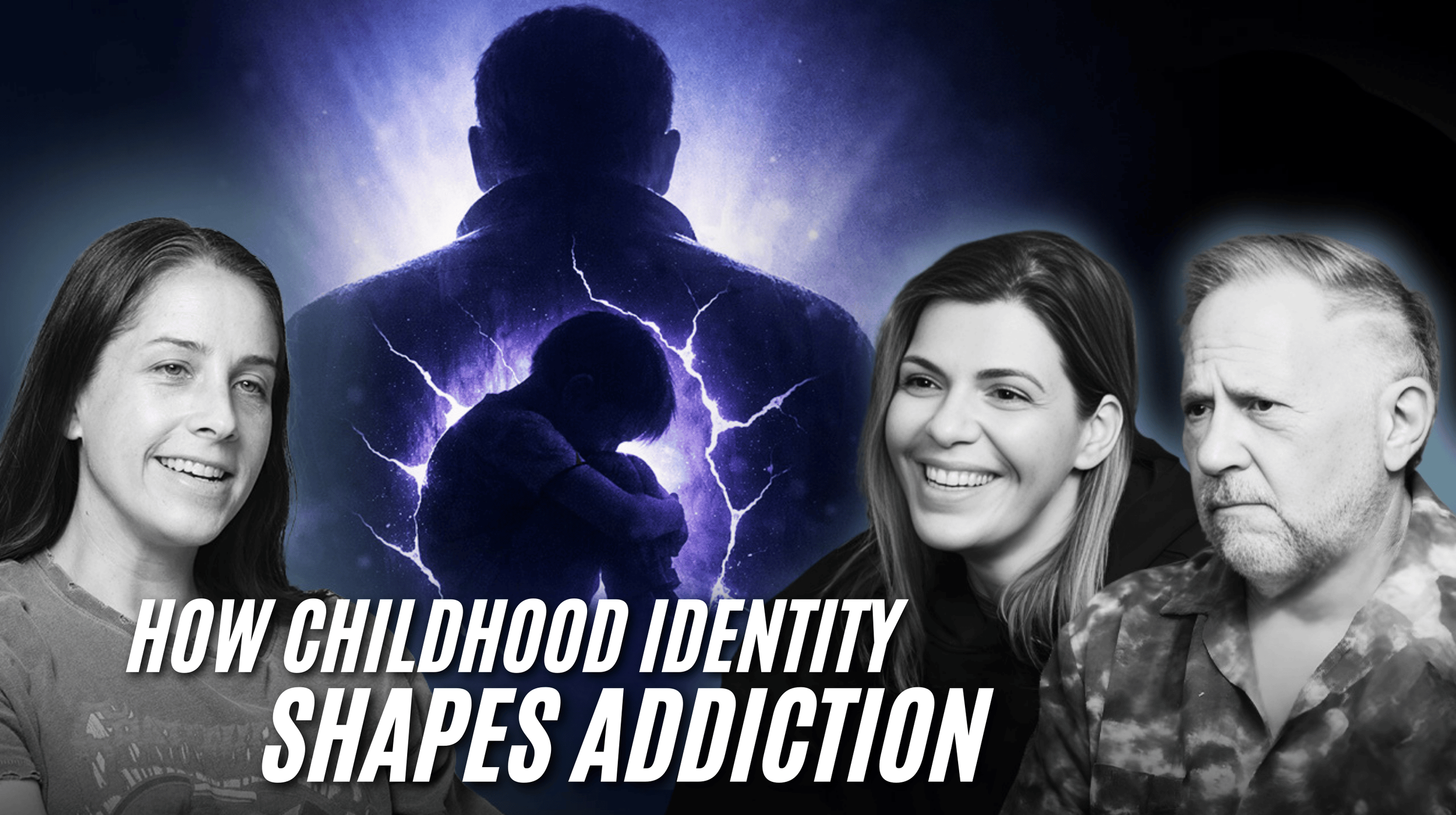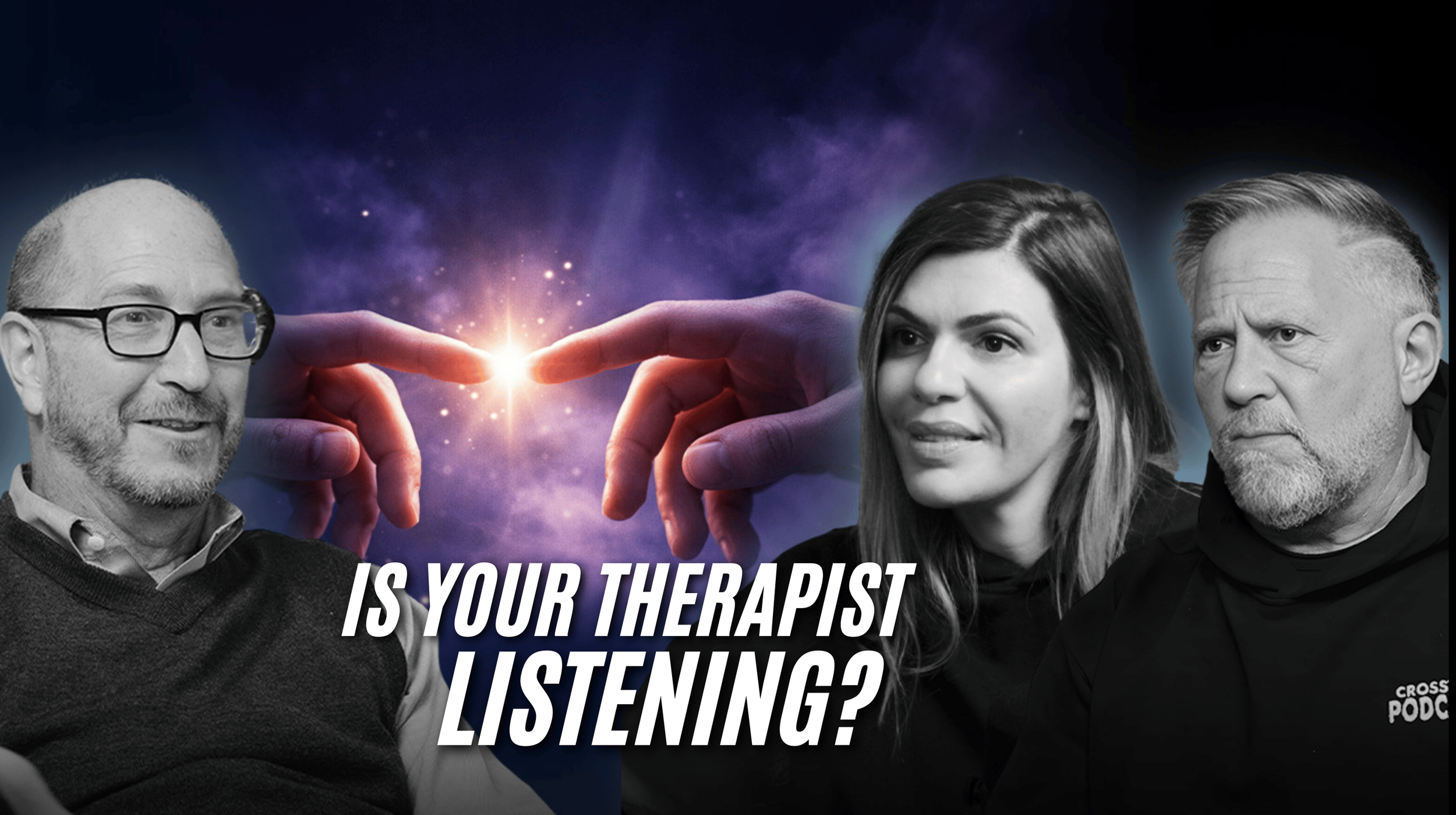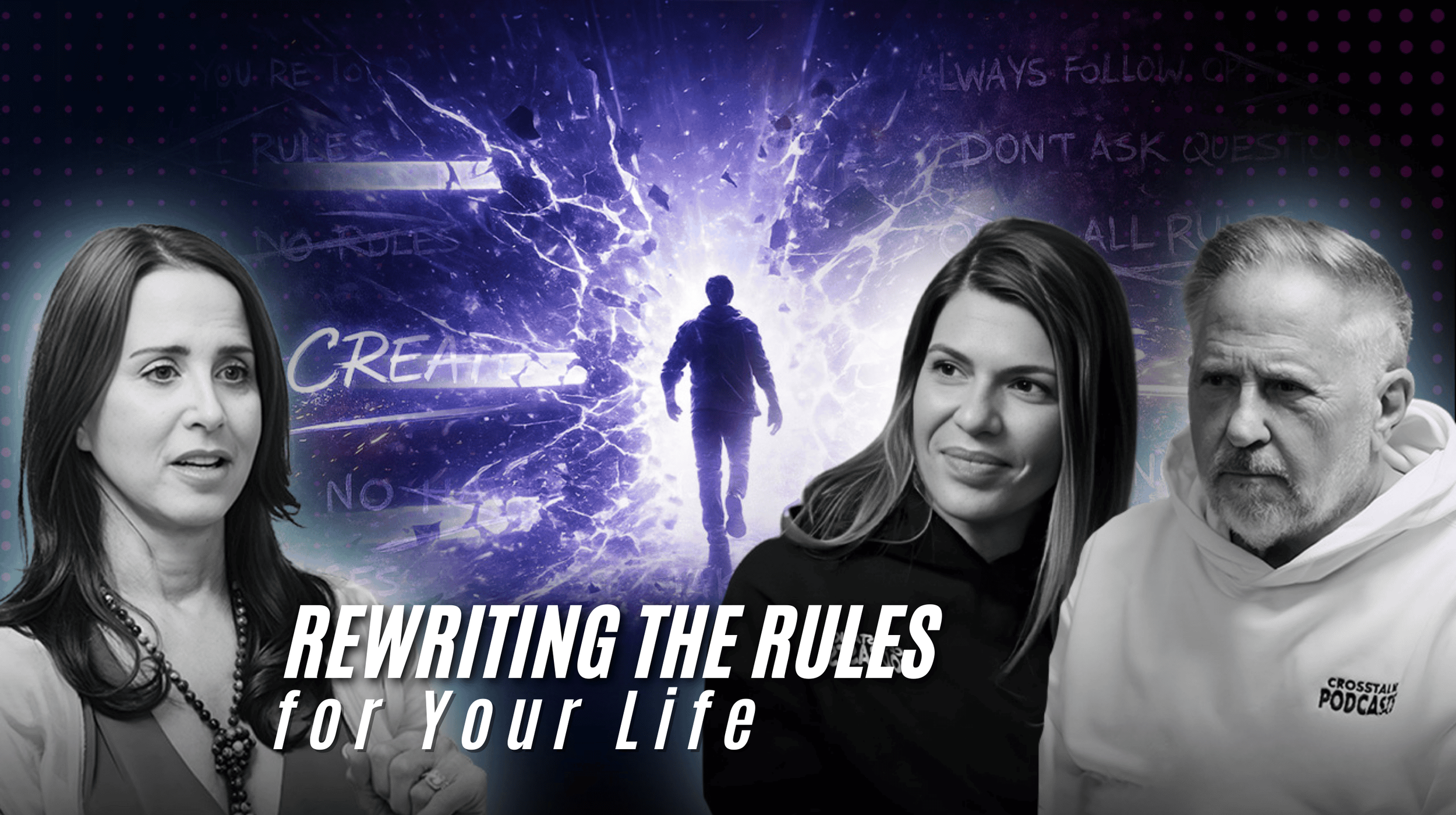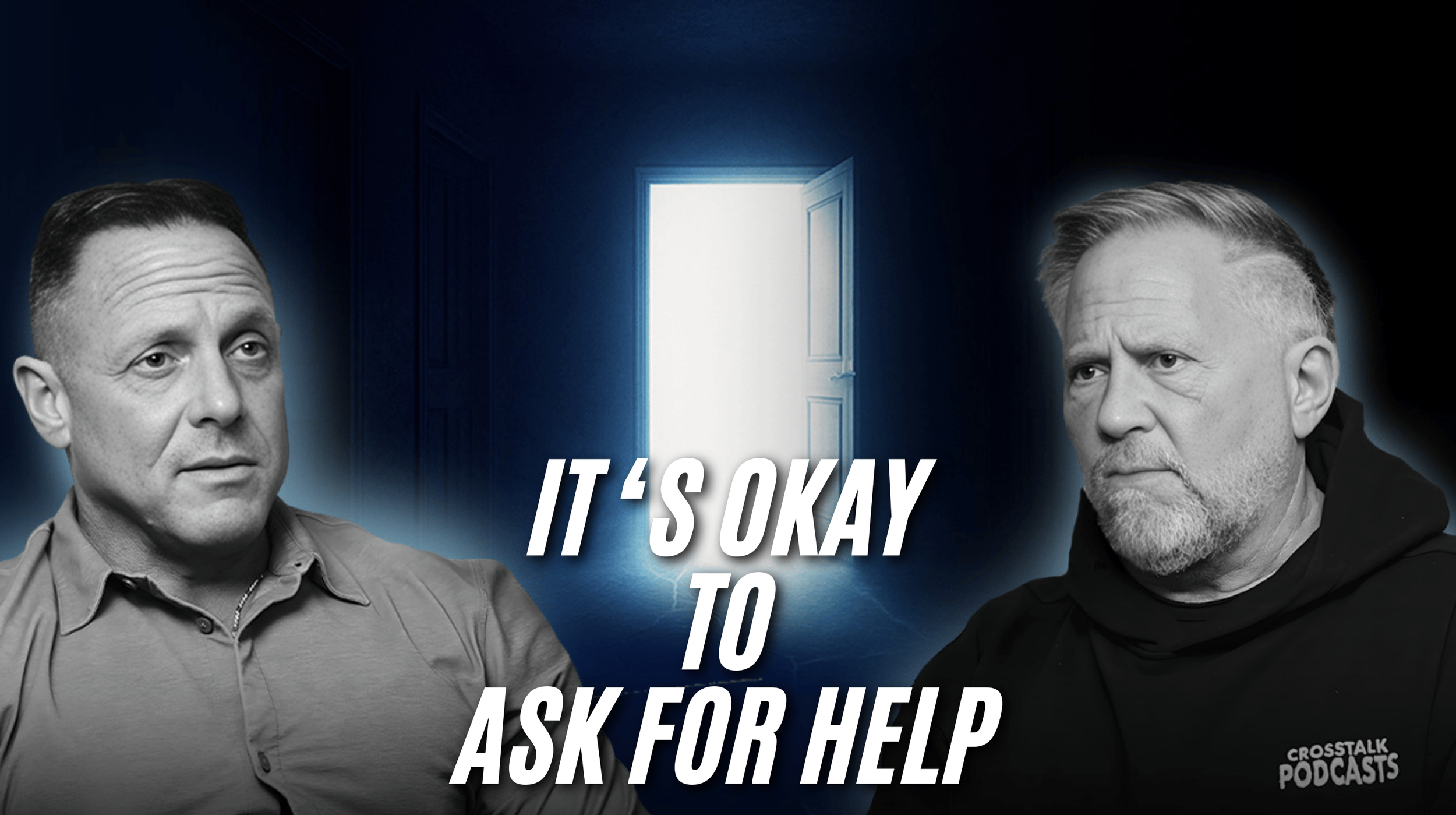Understanding GRIEF STIGMA and How to DEAL with it
Listen or watch on your favorite platforms
Show Notes
Eric Bricker, a therapist based in East Boca, Florida, shares his extraordinary journey from a marketing student with no clear path to becoming a mental health advocate specializing in grief, trauma, and addiction recovery. With decades of experience helping individuals and families, Eric’s story offers a rare look at the human side of therapy.
From an early fascination with psychotherapy inspired by Ordinary People to working as a case manager for at-risk populations, Eric’s path to becoming a therapist is marked by resilience and passion. Along the way, he encountered the world of addiction recovery in Florida, which profoundly shaped his career. His work reveals the highs and lows of helping individuals overcome addiction, manage grief, and find purpose.
Today, Eric not only runs a thriving private practice but also shares insights on his podcast, "Good Counsel," where he amplifies stories of resilience and recovery. With a focus on helping families navigate the pain of loss and stigma, Eric’s approach blends empathy, science, and a deep commitment to healing.
This episode offers hope, healing, and practical tools for navigating grief, recovery, and life’s toughest challenges. Tune in to learn how to live a more fulfilled life, overcome comparison traps, and turn personal pain into purpose.
Growing Up
Eric Bricker vividly recalls his first encounter with therapy at the age of 12 after watching the film Ordinary People. The movie revealed a world of deep emotional exploration, sparking his desire to help others. However, Eric’s own childhood was marked by struggles with self-esteem and a sense of directionlessness, leading to underachievement in school. His journey toward becoming a therapist wasn’t linear but was deeply influenced by his passion for understanding human emotions.
"I didn’t see my potential at first. But something about helping others always resonated with me.
First Time Engaging in Behavioral Addiction
Eric’s professional path took an unexpected turn during graduate school when a professor suggested gaining experience in drug counseling. His first exposure to recovery programs revealed a rich tapestry of human stories, resilience, and transformation. This ignited his passion for working in addiction recovery.
"I got hooked on the stories—people who had been through so much but found a way to rebuild their lives."
Active Addiction
Eric's work in South Florida’s recovery community allowed him to witness firsthand the devastation of addiction and the incredible capacity for human resilience. Whether meeting individuals battling long-term substance use or those newly on their journey, he saw the power of recovery.
"The outcomes I’ve seen—people rising from their lowest points to live fulfilling lives—are nothing short of miraculous."
Hitting Bottom
While Eric himself isn’t in recovery, he specializes in helping others confront their lowest moments. His perspective on grief and addiction often involves navigating the deep pain of loss and helping clients rediscover hope. Eric reflects on the tragedy of those who don’t make it and the weight of stigma for families left behind.
"Grief and loss are universal experiences, but when they’re tied to addiction, the stigma makes it even harder to heal."
Getting Help
Eric’s approach to therapy emphasizes compassion, community, and reconceptualizing relationships with lost loved ones. His dedication to working with families impacted by addiction, suicide, and trauma is driven by his belief in the power of connection and advocacy.
"We have to reframe the way we see ourselves and our relationships. Healing is possible, but it requires work."
What Things Look Life Today
Today, Eric balances private practice with his podcast Good Counsel, where he amplifies stories of resilience. His life is centered on helping others navigate their struggles while celebrating their victories.
"The more we share these stories, the more we normalize healing. There’s nothing more rewarding than being part of someone’s recovery journey."
FAQs
What are common signs of prolonged grief disorder?
Prolonged grief includes persistent, acute feelings of loss that impair daily life long after a loved one’s death.
How does stigma affect families dealing with addiction loss?
Stigma can prevent families from seeking support, compounding grief and isolation.
What’s the role of advocacy in grief recovery?
Advocacy can channel grief into purpose, helping families honor loved ones and support others.
Can therapy help with delayed grief?
Yes, therapy can address unresolved emotions, enabling individuals to process and move forward.
How does addiction recovery transform lives?
Recovery empowers individuals to reclaim their health, relationships, and sense of purpose.
Related episodes
ABOUT CROSSTALK
CROSSTALK reveals real stories of everyday people and notable figures, sharing their journeys from struggles to life-changing 'aha' moments with all kinds .


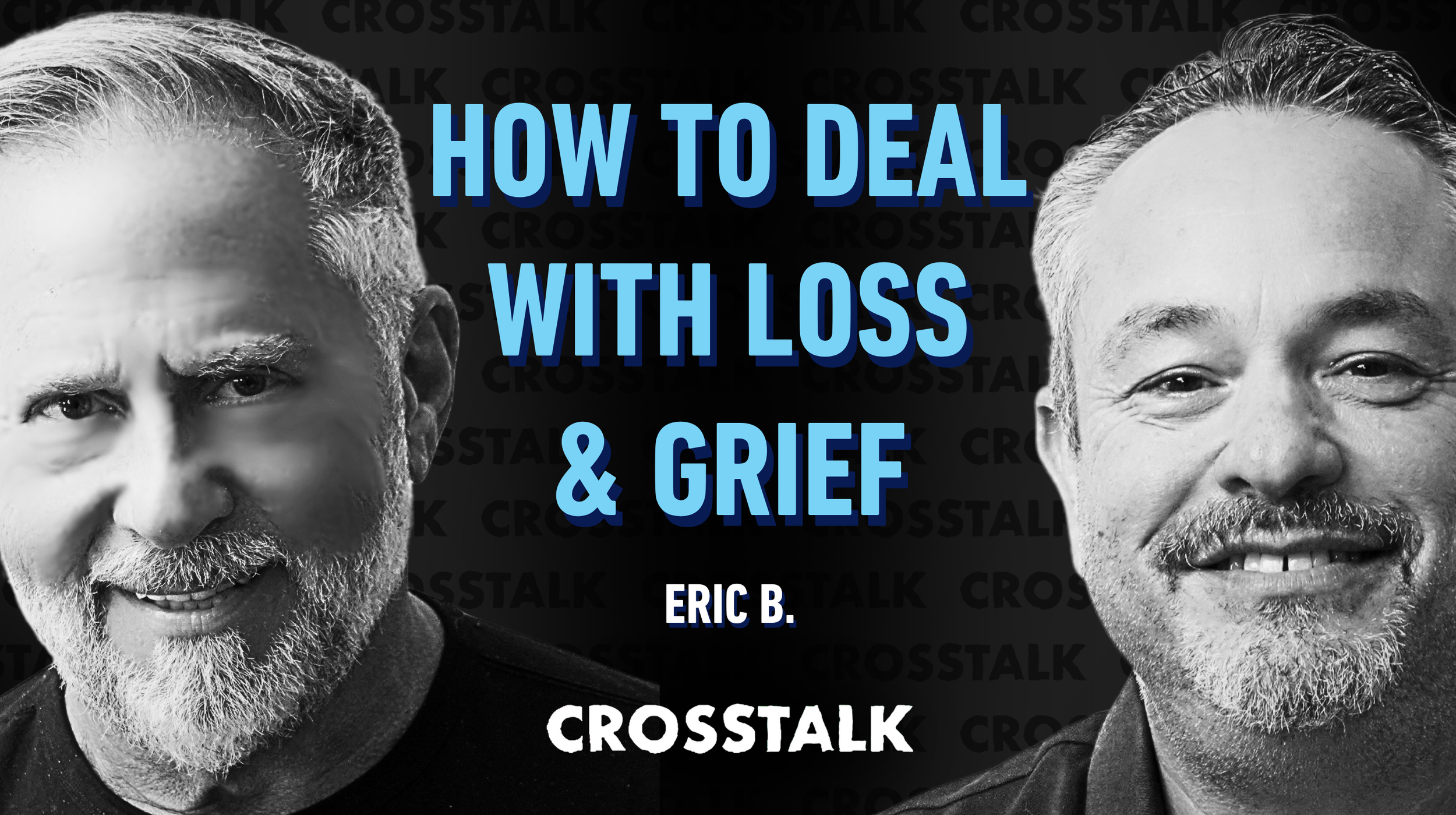
 Spotify
Spotify





